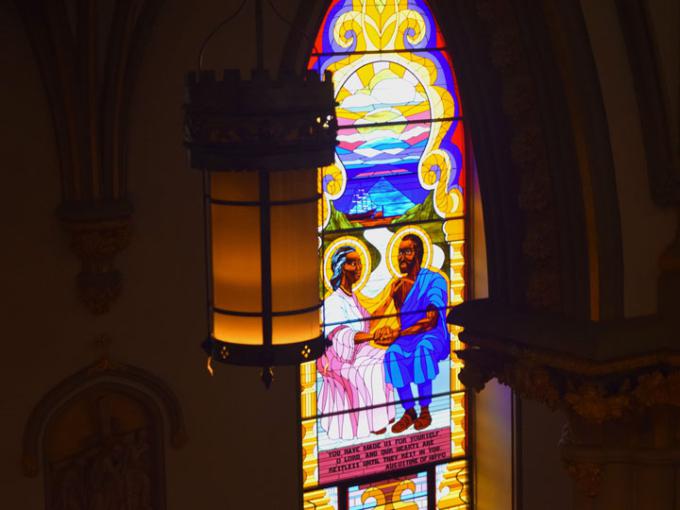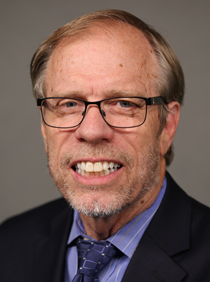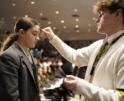
Culture
What the statistics don't show is the pain felt by so many parents who watch their children drift away.

Erlandson
Once upon a time, you may have prayed for your darling child to become a nun. Odds are you never prayed that she become a none.
Gallup reported earlier this year that church membership by Americans has hit a historic low, falling for the first time below 50 percent. More disturbing is the growing number of young people who identify as "nones," those without any religious affiliation.
Right now almost one out of every three young people (those under the age of 40) claim no religious affiliation. These numbers hold true for Catholics as for non-Catholics.
What the statistics don't show is the pain felt by so many parents who watch their children drift away. Those who have raised kids in the faith, went to Mass every Sunday, sent their children to religious education programs or to Catholic schools, feel this pain most deeply.
"What did I do wrong?" we ask. "What should I have done differently?"
Catholics have always put great stock in the fact that the faith is inherited. One is "born Catholic," or "a cradle Catholic." This is no longer true, as Sherry Weddell points out in her powerful book, "Forming Intentional Disciples." God has no grandchildren, she says. These days, you don't inherit the faith like you do your eye color or your skin tone.
That parents worry about the faith lives of their children isn't something new. Such worry is as old as St. Monica praying for her son St. Augustine.
But talk with Catholic parents these days, and it feels more widespread than ever. On any Sunday, there are likely dozens of Monicas in your parish and mine praying that their teenage or adult children return to the faith, get married in the Church or have their grandchildren baptized. The unbaptized grandchild is a particularly deep wound.
There is a lot of anger and a lot of guilt swirling around this topic. The sociologist Christian Smith once warned lukewarm parents that "we'll get what we are." Lukewarm begets lukewarm, he was saying.
Yet what seems increasingly common are parents who love the faith, who feel it is an essential part of life, and who feel as if they've done something wrong when their kids wander away. What they are getting is not what they are.
If such disaffiliation from the faith of their fathers and mothers is nothing new for young people, the scale of the departure is. There are lots of explanations of why it is happening.
Weddell believes that a fundamental problem in the Church -- including priests and parents -- is a lack of personal relationship with the Lord.
We follow the rules, we do the right things, but we really don't know Jesus and we don't do a good job of talking about our relationship with Jesus. That somehow feels, well, Protestant.
For the same reason, it can be hard for some of us to communicate with our children, adult or otherwise, what Jesus means to us, who he is in our lives.
Yet I also think that for many young people, they simply don't have time to invest in faith.
They live in a world almost mad with distractions, and many of the messages buried in all those distractions is that religion is not something to be taken too seriously. It's worse than hostility. It's apathy.
Faith is something they'll get around to someday. Maybe when they have children. Maybe when they have cancer. It isn't essential now.
The real enemy of the faith in our age is indifference. Combatting this enemy may be the biggest challenge facing our parishes, and our families, today.
- Greg Erlandson is director and editor-in-chief of Catholic News Service.
Recent articles in the Culture & Events section
-
'Put no trust in princes'Greg Erlandson
-
The power of hopeMichael Reardon
-
Scripture Reflection for March 30, 2025, Fourth Sunday of LentDeacon Greg Kandra
-
The vibrant tapestry of the church in BostonWendy Mejia
-
Scripture Reflection for March 16, 2025, Second Sunday of LentDeacon Greg Kandra























